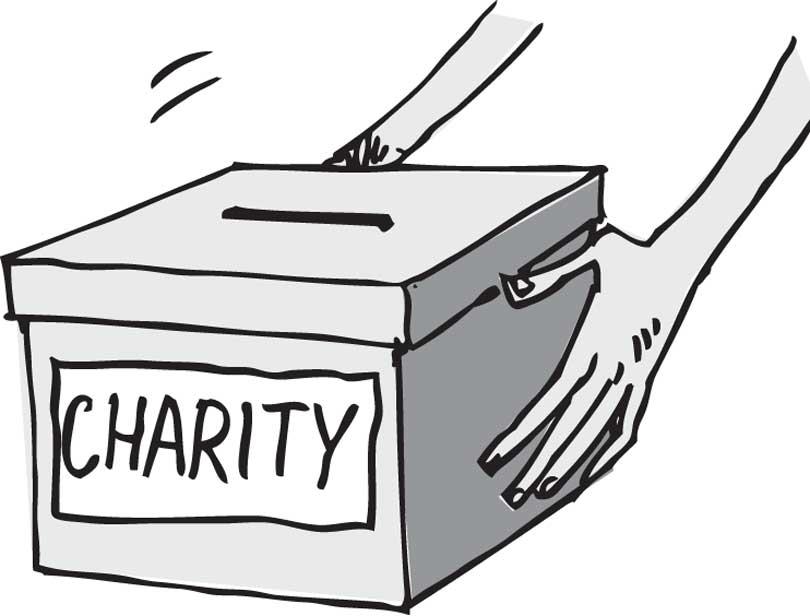Reply To:
Name - Reply Comment

If we speak in every language but do not have love or charity, we are like resounding gongs or clanging cymbals. If we have various talents and imaginative skills or fathom mysteries and all knowledge or even if we can move mountains, but do not have love or charity, we are nothing. If we give all we possess to the poor and give over our bodies to hardship that we may boast, but do not have love or charity, we gain nothing. Love or charity is patient and kind. It does not envy, it does not boast, it is not proud. It does not dishonour others, it is not self-seeking, it is not easily angered, it keeps no record of wrongs. Love or charity does not delight in evil but rejoices with the truth. It always protects, always trusts, always hopes, and always perseveres. Love or charity never fails.
Reflections such as these come to mind as we co-operate with the United Nations in marking the International Day of Charity this month. The 2020 theme is “Global solidarity to eradicate poverty”. The UN in a statement says charity, like the notions of volunteerism and philanthropy, provides real social bonding and contributes to the creation of inclusive and more resilient societies. Charity can alleviate the worst effects of humanitarian crises, supplement public services in health care, education, housing and child protection. It assists the advancement of culture, science, sports, and the protection of cultural and natural heritage.
According to the UN, love or charity also promotes the rights of the marginalised and underprivileged and spreads the message of humanity in conflict situations. In the 2030 sustainable development agenda adopted in September 2015, the UN recognises that eradicating poverty in all its forms and dimensions, including extreme poverty, is the greatest global challenge and an indispensable requirement for sustainable development. The agenda also calls for a spirit of strengthened global solidarity, focused in particular on the needs of the poorest and most vulnerable. It also acknowledges the role of the diverse private sector, ranging from micro-enterprises to cooperatives to multinationals, and that of civil society and philanthropic organisations in the implementation of the new agenda.
According to the UN the 17 sustainable development goals set forth in the agenda can be grouped into five critical areas: people, planet, prosperity, peace, and partnership. They have the potential to transform our lives and our planet by providing the framework needed for philanthropic institutions to enable all people to contribute to the betterment of our world.
The International Day of Charity was established with the objective of sensitising and mobilising people, NGOs, and stakeholders all around the world to help others through volunteer and philanthropic activities. September 5 was chosen by the UN General Assembly to commemorate the anniversary of the passing away of Mother Teresa of Calcutta, who received the Nobel Peace Prize in 1979 “for work undertaken in the struggle to overcome poverty and distress, which also constitute a threat to peace.” Mother Teresa, the renowned nun and missionary, was born Agnes Gonxha Bojaxhiu in 1910. In 1928 she went to India where she devoted herself to helping the destitute. In 1948 she became an Indian citizen and founded the order of Missionaries of Charity in Kolkota (Calcutta) in 1950. The movement became noted for its work among the poor and the dying in that city.
For more than 45 years she ministered to the poor, sick, orphaned and dying, while guiding the Missionaries of Charity’s expansion, first in India and then in other countries, including hospices and homes for the poorest and homeless. Mother Teresa’s work has been recognised and acclaimed throughout the world and she has received a number of awards and distinctions, including the Nobel Peace Prize.
Such charity or love needs to begin in the home or family. As we know charitable or loving families will help bring about a just and fair society that is built on solid rock instead of the present society which is built on sand and will collapse in a storm as we see what is happening in the aftermath of the Covid-19 pandemic.